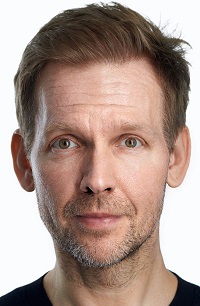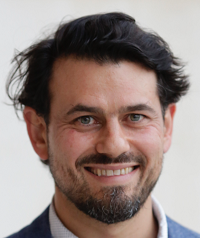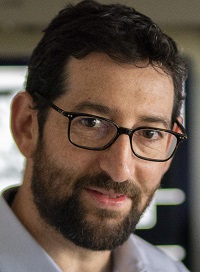Episode 149 :: Thorsten Barnhofer, Amit Bernstein, Dave Vago :: The science of mindfulness
Thorsten Barnhofer, Amit Bernstein, and Dave Vago join us to talk about “The science of mindfulness — What do we really know and where do we go?”
If you are listening to this podcast and find value and insights from what is shared here, know that this is made available from your generosity and the generosity of others like you. I want to thank those of you who are making monthly donations to keep this podcast going, and if you’re not yet, please take a moment, go to Present Moment Mindfulness.com, and click on Make a Donation. One time or especially monthly donations show you value this work which can’t happen without you. Thank you for your help, your support, and your kind generosity.
Over the past 2 decades, popular and scientific interest in mindfulness has rapidly developed. While a total of 39 scientific papers were published before the year 2000, today that number is upwards of 6000 papers. Likewise, mindfulness practices and interventions have found their way into nearly every sector of society including health care, schools, corporations, law enforcement, government, and policy making, military, social justice movements, and mobile applications with reach and access to millions of new practitioners. But in recent years, critical voices have emerged asking whether the applications of mindfulness have gotten ahead of the evidence. Scholars, scientists and practitioners continue to push the field forward while also working to temper the hype and oversimplification of mindfulness research findings. Three researchers across three continents set out to take stock and map the state of the field. They invited more than 100 scholars to write 57 papers critically reflecting on the data. Together, they sought to bring attention to concerns facing the field, accurate and tempered interpretations of existing data and findings, and to highlight developments across domains of contemporary mindfulness science and practice. They have now published this large project as a special issue in Current Opinions in Psychology.

Thorsten Barnhofer
Thorsten Barnhofer is Professor for Clinical Psychology at the University of Surrey. He has been involved in work on mindfulness for people with affective disorders for many years and has a keen interest in understanding the psychological and biological mechanisms of mindfulness training. He is the recipient of a Heisenberg Fellowship from the German Research Foundation and teaches mindfulness workshops for mental health professionals nationally and internationally.

Amit Bernstein
Amit Bernstein, PhD, is a Professor of Psychology, Director of the Observing Minds Lab at the University of Haifa [www.observingmindslab.com], and member of the Israel Young Academy. Amit is interested in how wellbeing and suffering are impacted by the ways in which we process, experience and respond to our internal states, and thereby, how mindfulness and mental training may be used therapeutically. His team is currently studying the nature and function of attention in mental health, the salutary and curative properties and mechanisms of mindfulness, and the therapeutic translation of this work to care for vulnerable refugee populations. In his most important and rewarding job, he is Yonatan’s, Noga’s and Mia’s father.

Dave Vago
David Vago is Associate Professor in the Departments of Physical Medicine and Rehabilitation and Psychiatry and Behavioral Sciences at Vanderbilt University Medical Center. He is part of the Osher Center for Integrative Medicine where he directs the Contemplative Neuroscience and Integrative Medicine Laboratory. Dr. Vago also maintains an appointment as a research associate at Brigham and Women’s Hospital, Harvard Medical School. He has completed post-doctoral fellowships in Biological and Social Psychiatry, Neuroimaging, and Mind and Body Medicine at Harvard Medical School and University of Utah School of Medicine. David’s research interests broadly focus on utilizing translational models to identify and characterize neurobiological and psychosocial mechanisms underlying adaptive mind-brain-body interactions and their therapeutic relevance in the context of psychiatric health and chronic pain.
Podcast: Play in new window | Download
Web Links
Music for This Episode Courtesy of Rodrigo Rodriguez
The music heard in this podcast is from Rodrigo Rodriguez. You can visit his website to hear more of his music, get the full discography, and view his upcoming tour dates.
